
This article is more than
3 year oldBoris Johnson is plotting a return to power and will run to replace Liz Truss as UK Prime Minister after her resignation last night, sources say.
Ms Truss threw in the towel after crisis talks with senior members of the Conservative Party on Thursday afternoon (UK time). She was in charge for just 44 days - the shortest premiership in British history.
Her resignation triggered another leadership contest, with a new PM to be selected from within Conservative ranks by next Friday.
And Boris Johnson - whose ousting as PM set off the disastrous chain of events leading to Ms Truss’ downfall - will chuck his hat in the ring to seize back the top job, The Times reports.
Mr Johnson - who is currently on holiday in the Carribean with his wife Carrie - believes his return would be in “the national interest” after weeks of market uncertainity saw the Pound plunge in value and mortgage rates soar.
The former PM is said to be consulting with other senior MPs and believes he can turn the party’s fortune around.
Other frontrunners in the leadership contest are likely to be former Cancellor Rishi Sunak - who knifed Mr Johnson in the back, leading to his resignation earlier this year - and Leader of the House of Commons Penny Mordaunt.
Ms Truss, speaking on the steps of 10 Downing Street as her husband looked on, announced her resignation at 1.30pm (11.30pm AEDT) and said she had spoken to King Charles to let him know she planned to quit once a new leader was elected.
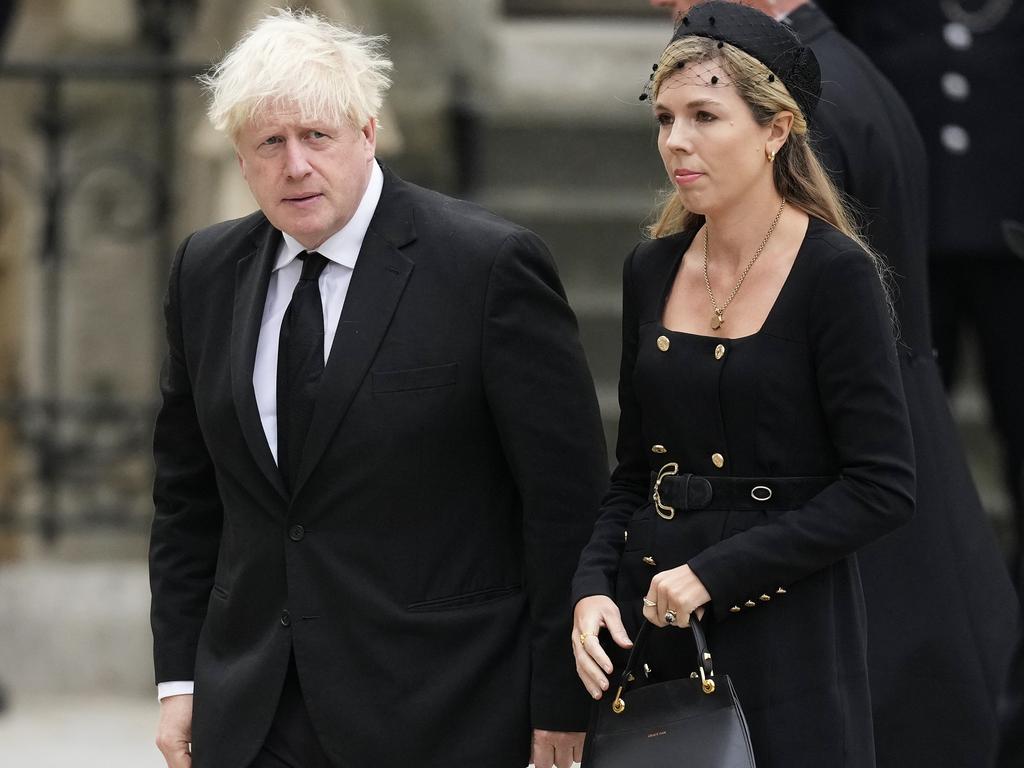
Ms Truss began her resignation speech by saying she came to power “at a time of great economic and international instability”.
She said the UK had been “held back for too long by low economic growth” and that she was elected by her party to change this.
“I recognise, though, given the situation, I cannot deliver the mandate on which I was elected by the Conservative party," she added.
The immediate frontrunners to take over as Prime Minister are former Chancellor Rishi Sunak and leader of the House of Commons Penny Mordaunt, who were both beaten by Ms Truss in September’s party leadership election.
The leaders of the three other main parties: Labour’s Sir Keir Starmer, the Scottish National Party’s Nicola Sturgeon and Sir Ed Davey of the Liberal Democrats have all called for a general election.
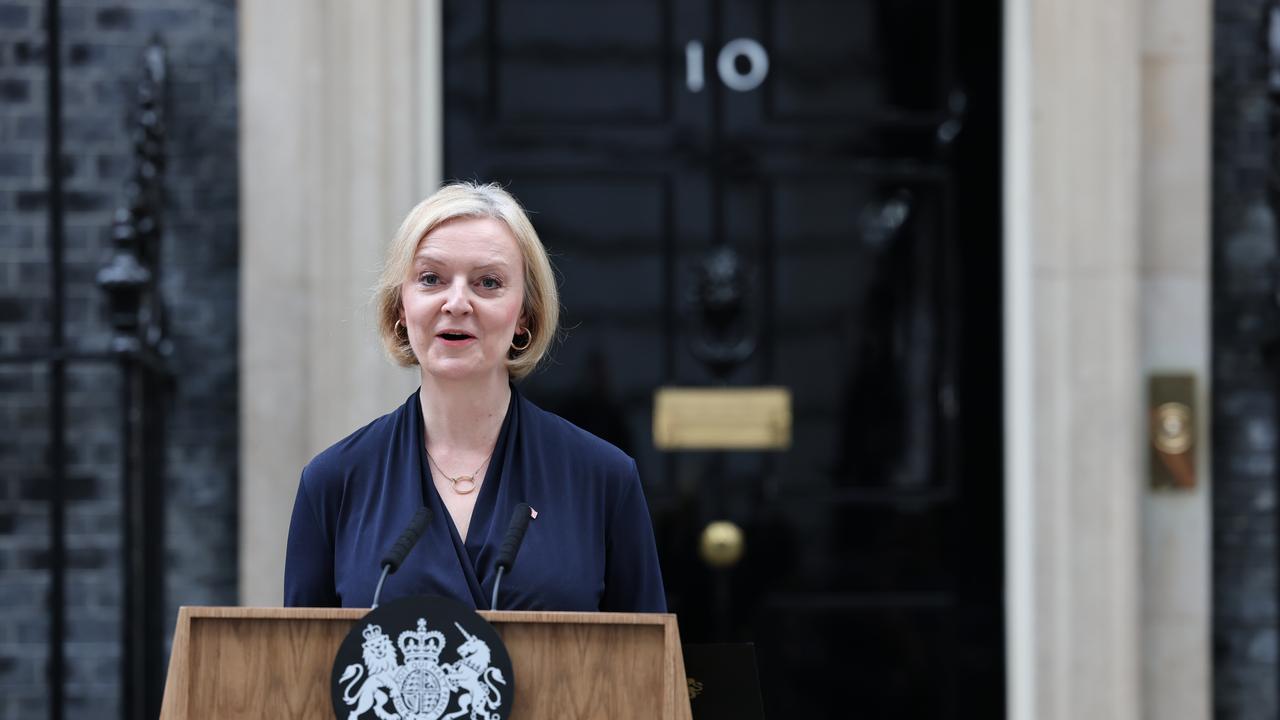
In what will likely be regarded as one of worst premierships in the history of the United Kingdom, Ms Truss took just a matter of weeks to oversee a plunge in the value of the Pound, soaring mortgage rates and the worst polling numbers a governing party has ever seen.
She rode to a resounding victory in the Conservative Party’s leadership contest in early September by winning over grassroots members with a pledge to cut taxes and help families pay their energy bills at the height of a cost of living crisis.
But after the Covid pandemic saw government borrowing hit record levels, pledging to lend more to pay for her costly policies did not sit well with the markets.
She sacked her Chancellor Kwasi Kwarteng in an attempt to save her face, but by this point she had already lost control of her party.
A week later, her Home Secretary Suella Braverman resigned over a minor breach of Cabinet rules – and fired off a blistering letter directly challenging her ability to lead and heavily hinting she should quit.
Chaos broke out in the House of Commons later that evening Ms Truss tried to force MPs to back a controversial vote on fracking that was seen as a vote of confidence in her leadership.
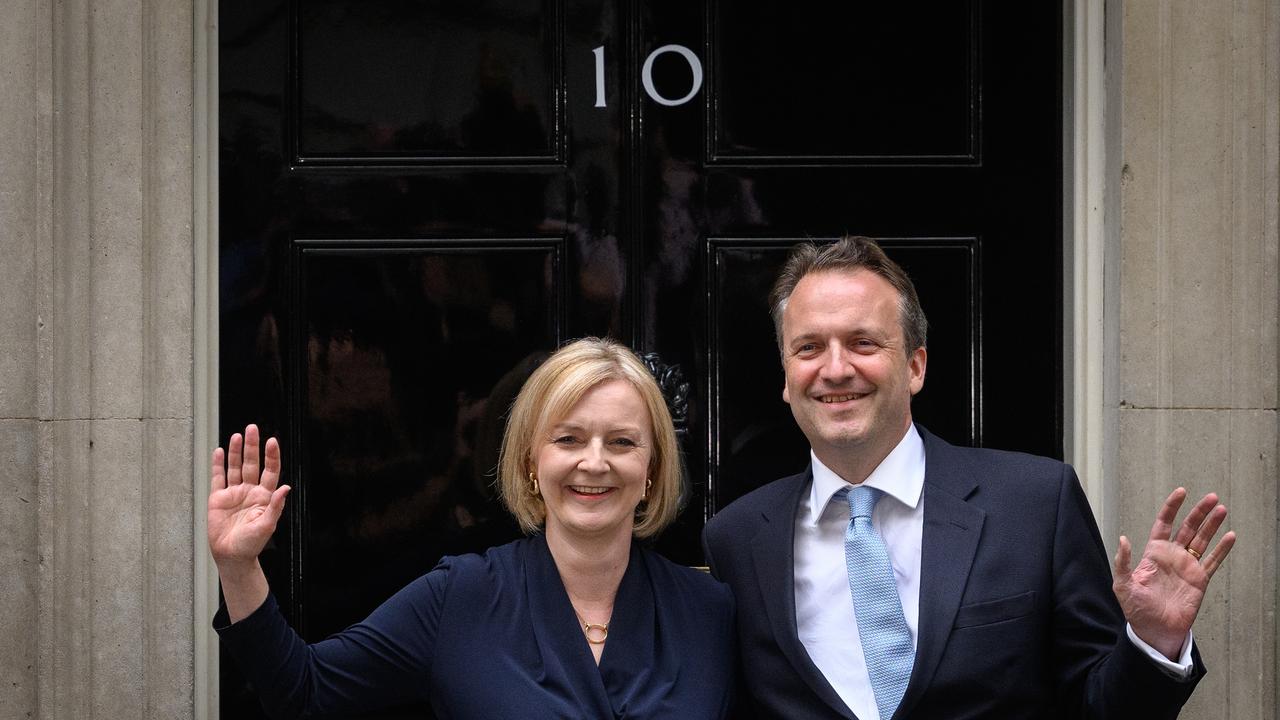
Economic chaos
When Ms Truss and her first Chancellor Kwasi Kwarteng tabled radical plans for £45 billion (A$80.6 billion) in unfunded tax cuts, the markets were rocked, leading to a rapid fall in the value of the Pound and a sudden rise in mortgage rates.
Millions of homeowners now face paying triple the interest on their mortgage – something many simply will not be able to afford.
Plans to cut taxes for the richest in society, slash corporation tax for big businesses and ditch the end to a cap on bankers’ bonuses while offering a far more meagre tax cut to the poorest families played off badly with the public.

As pressure grew on Ms Truss, she recalled her old friend Mr Kwarteng from a trip to Washington, DC, to fire him in a desperate attempt to save her own skin.
But he found out he had been given the chop after reading about his sacking in The Times as he made his way from the airport to Downing Street.
As she fought to reunite her fractured party, Ms Truss then parachuted in moderate Conservative Jeremy Hunt as her new Chancellor.
Who is in charge?
Mr Hunt immediately ditched almost the entirety of Ms Truss tax agenda and curbed her landmark energy bills support scheme, which did lead to the Pound’s brief recovery.
But Mr Hunt’s move sounded the political death knell for Ms Truss, who without a policy to stand on became a Prime Minister in name only.
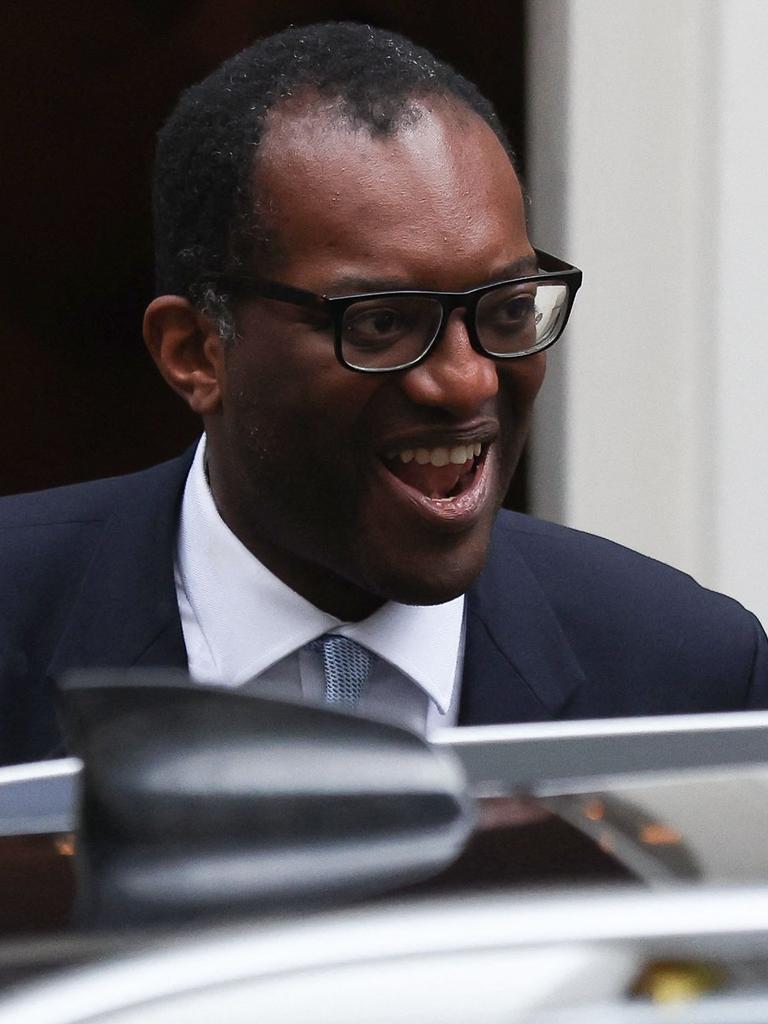
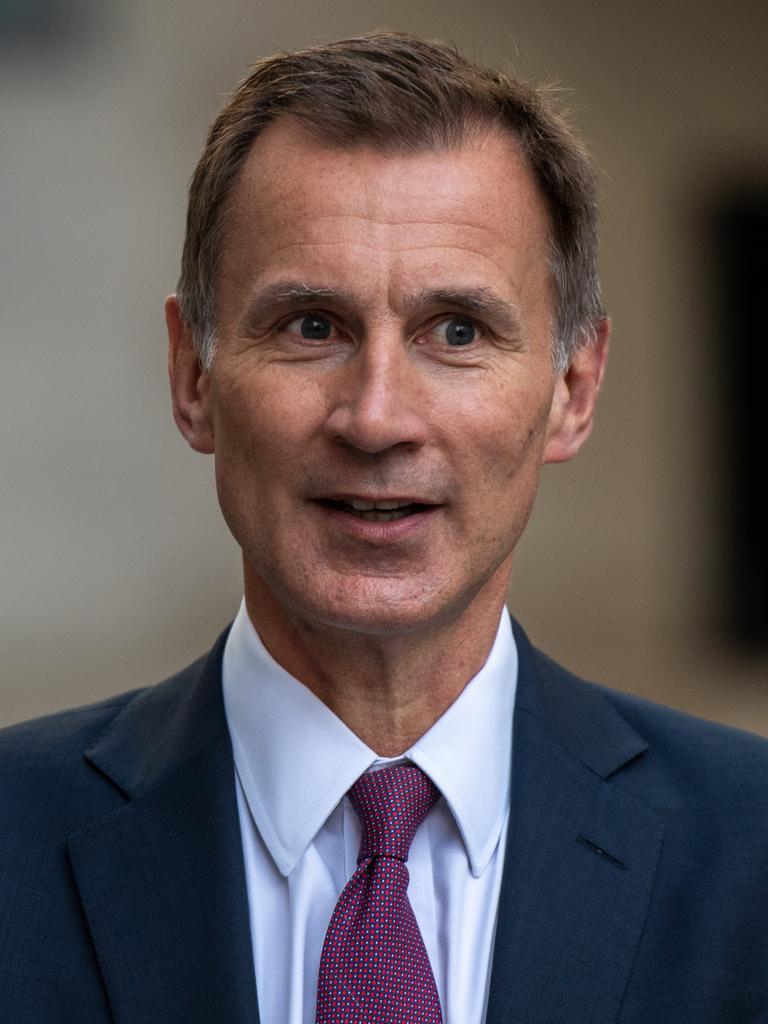
Her own MPs started to call for her head as polls showed the Conservatives where as many as 30 points behind the opposition Labour Party in the polls.
By the time of her resignation, at least 16 Conservative MPs had publicly called for Ms Truss to resign. In prive, this number was far higher.
Even the King seemed to cast doubt over Ms Truss’ ability to run the country.